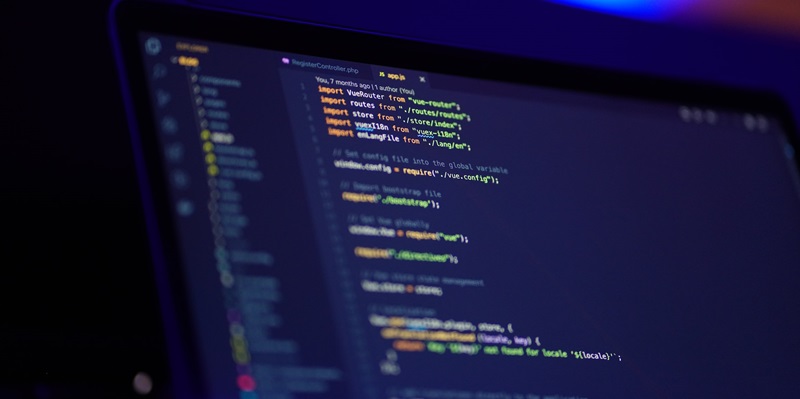A Russian government-backed hacking team, known as Midnight Blizzard/Nobelium, has successfully infiltrated Microsoft’s corporate network, compromising the security of senior executives’ emails and attachments. This cyberattack has raised concerns regarding the vulnerability of major tech companies and the need for stronger security measures. Let’s delve into the details of this breach and its implications.
Russian hackers breach Microsoft’s corporate network
In a major breach of security, Russian hackers associated with the Midnight Blizzard/Nobelium group managed to infiltrate Microsoft’s corporate network. This hacking team, allegedly backed by the Russian government, targeted the tech giant’s systems, aiming to gain access to valuable information held by senior executives.
Attack Methodology and Initial Compromise
Microsoft’s investigation revealed that the hackers employed a password spray attack to compromise a legacy non-production test tenant account. This attack method involves attempting multiple commonly used passwords against numerous user accounts until a successful entry is made. Although it targets a specific account, the potential damage caused by such an intrusion is significant.
Detection and Timeline
Microsoft’s dedicated security team detected a nation-state attack on January 12, 2024. Using advanced forensic tools and techniques, they traced the origin of the infection back to November 2023. This timeframe highlights the need for continuous monitoring and proactive security measures to promptly detect and prevent cyber threats.
Initial Targets and Objectives
Initially, the hackers focused on accessing email accounts that contained valuable information related to Redmond’s knowledge of the APT (Advanced Persistent Threat) operation. The specific motives behind this targeting remain under investigation, but it raises concerns about the potential impact on Microsoft’s internal operations and security measures.
No access to customer environments or key systems.
While the breach is highly concerning, there is currently no evidence to suggest that the hackers had access to customer environments, production systems, source code, or AI systems. This limited reach provides some reassurance concerning the protection of customer data and critical infrastructure.
Strengthening Security Measures
Following the breach, Microsoft is committed to implementing current security standards across its legacy systems and internal business processes. This proactive approach aims to fortify the company’s defenses against future cyber threats. However, these changes may cause disruptions to existing business processes, necessitating careful planning and seamless implementation.
Similar Incidents and Recent Cyberattacks
This breach comes merely months after Chinese cyberspies were caught using authentication tokens, including a stolen Azure AD enterprise signing key, to break into M365 email inboxes. In that case, approximately 25 government organizations in the United States had their email data stolen. The comparison underscores the growing sophistication of cybercriminals and the need for heightened cybersecurity measures across the industry.
Ongoing Investigation
The Cyber Security Review Board (CSRB) is currently leading the investigation into the Russian hacking incident. This independent body will thoroughly analyze the breach, its impact, and any potential vulnerabilities within Microsoft’s network. Their findings will provide crucial insights for the development of robust security protocols.
Connection to Previous Cyberattacks
Interestingly, the same hacking group, Midnight Blizzard/Nobelium, was previously attributed to a massive supply chain attack on the IT management solutions provider SolarWinds in 2020. This suggests that the group is highly skilled and well-resourced, posing a significant threat to the cybersecurity landscape.
Collaboration with Law Enforcement and Regulators
To ensure accountability and mitigate future risks, Microsoft is actively collaborating with law enforcement agencies and appropriate regulators. The tech giant’s commitment to transparency and cooperation underscores the seriousness of the breach and the company’s dedication to maintaining cybersecurity.
The breach of Microsoft’s corporate network by Russian hackers highlights the ongoing cybersecurity challenges faced by major tech companies. As the investigation into this incident progresses, it is crucial for organizations to prioritize robust security measures, continuous monitoring, and proactive response protocols. Only through collaboration and constant vigilance can the industry safeguard against the increasing threats posed by state-sponsored hacking groups.

